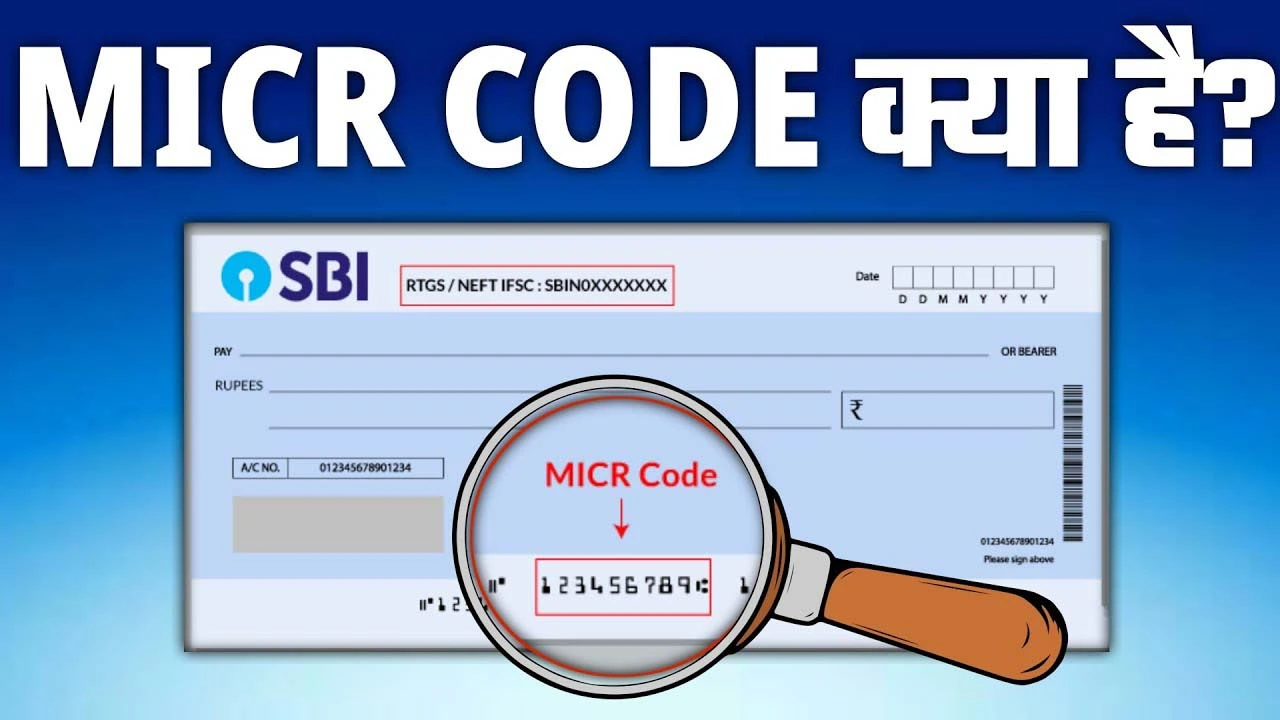
Chartered Financial Analyst
Becoming a CFA and Advancing Your Financial Career
In today's competitive financial landscape, professional designations play a crucial role in distinguishing skilled individuals from others in the industry. One of the most respected and globally recognized qualifications in finance is the Chartered Financial Analyst (CFA) designation. If you're considering a career in finance, becoming a Chartered Financial Analyst can provide you with a competitive edge, opening doors to various opportunities in investment management, financial analysis, and corporate finance. In this article, we will explore the importance of the Chartered Financial Analyst designation, the steps involved in earning it, and how it can boost your career prospects.
What is a Chartered Financial Analyst (CFA)?
The Chartered Financial Analyst (CFA) is a prestigious certification offered by the CFA Institute. It is specifically designed for professionals who are interested in roles that involve financial analysis, portfolio management, and investment decision-making. The CFA program provides in-depth knowledge on a wide range of financial topics, including investment analysis, financial reporting, ethics, corporate finance, and portfolio management.
The CFA designation is globally recognized and widely regarded as one of the most respected certifications in the financial industry. Many finance professionals pursue this qualification to gain credibility, improve their skills, and enhance their career prospects. Earning the Chartered Financial Analyst designation demonstrates a high level of expertise and commitment to ethical standards in the finance field.
Why Become a Chartered Financial Analyst?
The decision to pursue the Chartered Financial Analyst designation can have a significant impact on your career. Here are some of the key reasons why becoming a Chartered Financial Analyst is worth considering:
Global Recognition: The CFA designation is recognized worldwide as a mark of excellence in finance. It opens up career opportunities not only in your home country but also across the globe. Many financial institutions, asset management firms, and investment banks specifically seek candidates with the CFA qualification.
Career Advancement: The CFA program equips you with advanced financial knowledge and analytical skills, making you a valuable asset to any organization. The CFA designation can help you climb the career ladder, enabling you to secure higher-paying and more prestigious roles.
Increased Earning Potential: A Chartered Financial Analyst typically enjoys a higher salary compared to non-certified professionals in the same field. According to various studies, CFA charterholders tend to earn more due to their specialized skills and expertise.
Ethical Standards: The CFA program places a strong emphasis on ethics and professional conduct. As a Chartered Financial Analyst, you are required to adhere to a strict code of ethics and standards of professional conduct, ensuring that you maintain the highest level of integrity in your financial dealings.
Networking Opportunities: Being part of the CFA Institute provides access to a global network of financial professionals. This can lead to valuable networking opportunities, collaborations, and knowledge-sharing with other industry experts.
Comprehensive Skillset: The CFA program covers a wide range of financial topics, from quantitative methods and economics to corporate finance and asset management. This comprehensive curriculum ensures that CFA charterholders are well-rounded professionals with expertise in multiple areas of finance.
The CFA Program: An Overview
The CFA program consists of three levels of exams, each designed to test your knowledge and skills in different areas of finance. The exams are rigorous and require substantial preparation. Here's a breakdown of the CFA program:
1. Level I: Foundations of Investment Analysis
The Level I exam focuses on basic financial knowledge and investment tools. It covers topics such as ethics, quantitative methods, economics, financial reporting, and corporate finance. At this stage, candidates are introduced to fundamental concepts that they will build upon in later levels.
The Level I exam consists of two main components:
Multiple-choice questions: These questions test your understanding of core concepts in finance and investment analysis.
Ethics and Professional Standards: A significant portion of the exam is dedicated to ethics, as adherence to ethical standards is a key component of the CFA program.
2. Level II: Advanced Investment Analysis and Portfolio Management
Level II builds on the foundation established in Level I, delving deeper into advanced investment analysis techniques and portfolio management. The focus shifts towards applying financial concepts to real-world situations, including valuing securities, analyzing financial statements, and constructing investment portfolios.
The Level II exam consists of:
Item set questions: These questions present a vignette or case study, followed by a series of questions that test your ability to apply financial knowledge to real-world scenarios.
Valuation and Financial Reporting: A major emphasis of Level II is on valuing different types of investments and understanding financial statements.
3. Level III: Portfolio Management and Wealth Planning
Level III is the final level of the CFA program and focuses on portfolio management and wealth planning. The exam tests candidates' ability to integrate all the knowledge and skills acquired in Levels I and II, and apply them to create and manage investment portfolios for clients.
The Level III exam consists of:
Constructed-response (essay) questions: Candidates are required to respond to open-ended questions that test their ability to analyze complex financial situations and make appropriate decisions.
Portfolio Management: A significant portion of the exam is dedicated to portfolio management techniques and strategies.
The CFA Examination Process
The path to earning the Chartered Financial Analyst designation involves passing all three levels of the CFA exam. However, before you can begin the exams, you must meet the eligibility requirements and submit your application to the CFA Institute.
1. Eligibility Requirements
To be eligible for the CFA program, candidates must meet the following requirements:
Education: A bachelor’s degree or equivalent is required, or you must be in the final year of your undergraduate program.
Work Experience: Candidates must have at least four years of professional work experience in a finance-related role, or they may combine education and work experience to meet the total of four years.
2. Exam Dates and Format
The CFA exams are held annually, with Level I typically offered in both June and December, while Level II and Level III are usually offered in June. The exams are computer-based, and candidates are required to register well in advance to secure their spot.
3. Preparation for the CFA Exams
The CFA exams are challenging and require extensive preparation. Most candidates spend hundreds of hours studying for each level, using a variety of study materials such as textbooks, practice exams, and online resources. Many candidates also opt for CFA prep courses to help guide their studies.
The CFA Institute provides official study materials, including the CFA Program curriculum, which is an essential resource for exam preparation. Additionally, candidates can supplement their study with practice exams and question banks to improve their understanding of the exam format.
Career Opportunities for CFA Charterholders
A Chartered Financial Analyst designation opens up a wide array of career opportunities in the financial sector. Some of the most common roles for CFA charterholders include:
Portfolio Manager: Portfolio managers are responsible for making investment decisions on behalf of clients, whether individual investors or institutional clients. They analyze market trends, assess risk, and create investment strategies to maximize returns.
Investment Analyst: Investment analysts conduct research on various securities, such as stocks, bonds, and mutual funds. They provide recommendations and insights to portfolio managers and clients.
Financial Analyst: Financial analysts assess the financial health of companies and provide insights into their performance. They work in areas such as corporate finance, equity research, and financial planning.
Risk Manager: Risk managers identify and assess potential risks within financial portfolios and businesses. They use various tools and techniques to mitigate and manage these risks.
Corporate Finance Professional: CFA charterholders often work in corporate finance roles, such as financial planning and analysis, mergers and acquisitions, and capital budgeting.
Conclusion
Becoming a Chartered Financial Analyst is a significant achievement that can propel your career in the financial industry. The CFA designation provides individuals with a deep understanding of financial markets, investment analysis, and ethical standards. It offers global recognition, career advancement, and the potential for increased earning power. While the CFA program requires dedication and extensive study, the benefits of earning the CFA charter are substantial. If you are passionate about finance and looking to enhance your expertise, pursuing the Chartered Financial Analyst designation is a valuable step toward achieving your career goals.
With a Chartered Financial Analyst designation, you demonstrate a commitment to excellence in finance, setting yourself apart as a knowledgeable and ethical professional in the industry.












